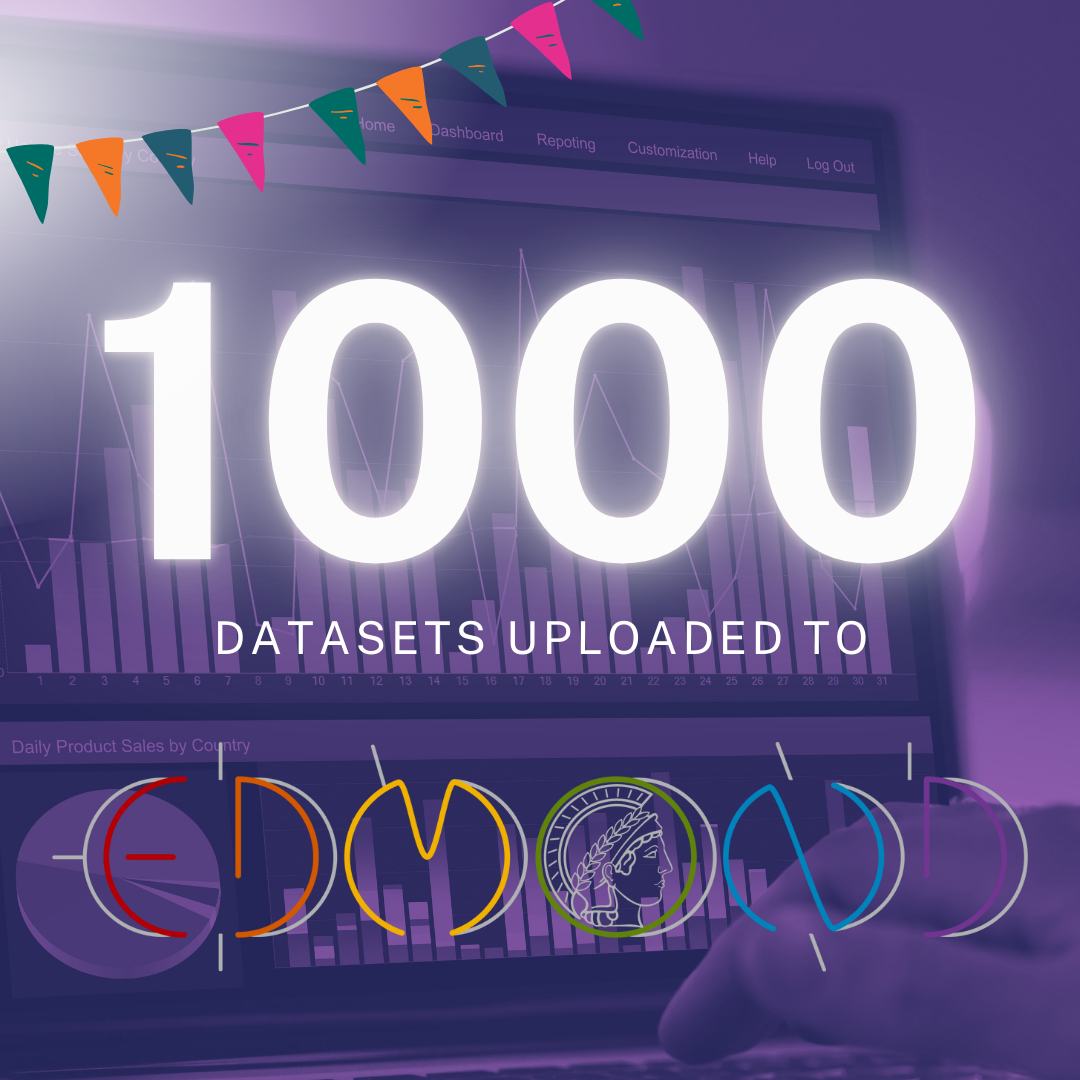The Max Planck Society's Edmond research data platform has reached a significant milestone: 1000 datasets from a wide range of scientific disciplines are now freely available on edmond.mpg.de. The publication of research data on so-called repositories - such as Edmond - offers the scientific community the opportunity to establish data as permanently citable research objects.
Edmond was launched in 2014, when researchers published the first seven datasets. Since then, the repository has grown steadily, with 263 datasets uploaded in 2024. The size of the uploaded files varies greatly, from a few bytes to over 100 gigabytes.
The content could not be more diverse either: You can find videos of honey bees (Videos for honey bee lifetime tracking data), but also software code (Balsac download package) and time series of visibility measurements in the Amazon rainforest (Fog dataset at ATTO). A total of around 195,000 individual files are contained in the 1000 Edmond datasets.

Edmond offers a variety of functions to facilitate the publication and findability of research data:
- The assignment of DOI numbers (Digital Object Identifiers) for each published dataset.
- The ability to store multiple files in one dataset and support for different file formats
- The versioning of datasets to document changes
Edmond has also been awarded the CoreTrustSeal. The seal of approval stands for the trustworthiness of data repositories. Technical standards such as regular backups play a role here, as do organizational standards (long-term financing) and data quality (curation and metadata).
By reaching 1000 datasets on Edmond, the scientists of the Max Planck Society are sending a clear signal about the importance of openly accessible data in science.
The Max Planck Institute of Microstructure Physics contributed the 1000th dataset: "Momentum resolved fingerprint of Mottness in layer dimerized Nb3Br8"
More info:
Edmond – the Open Research Data Repository of the Max Planck Society











